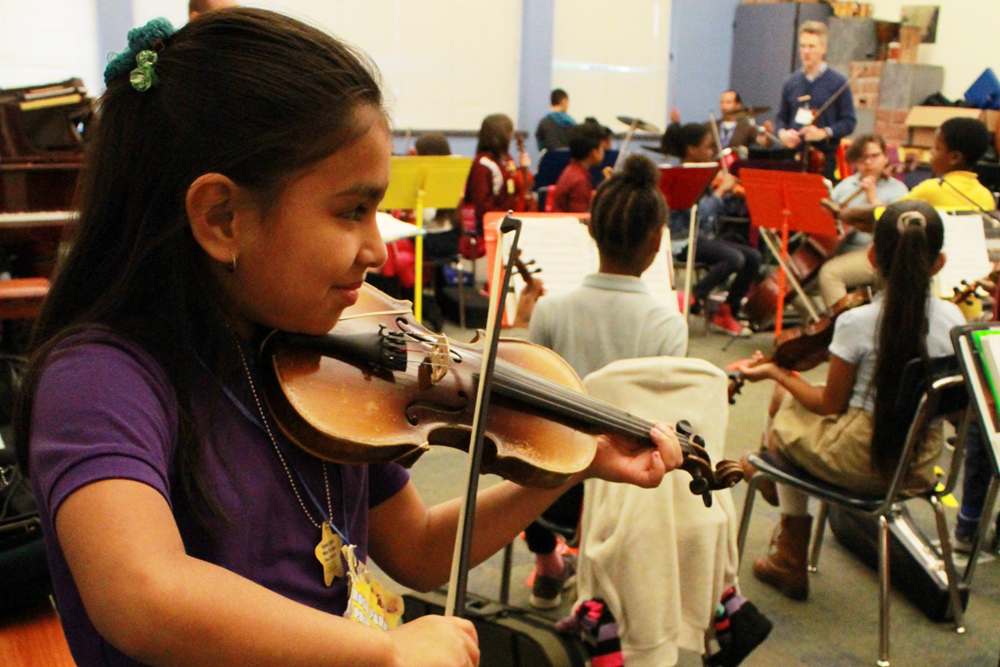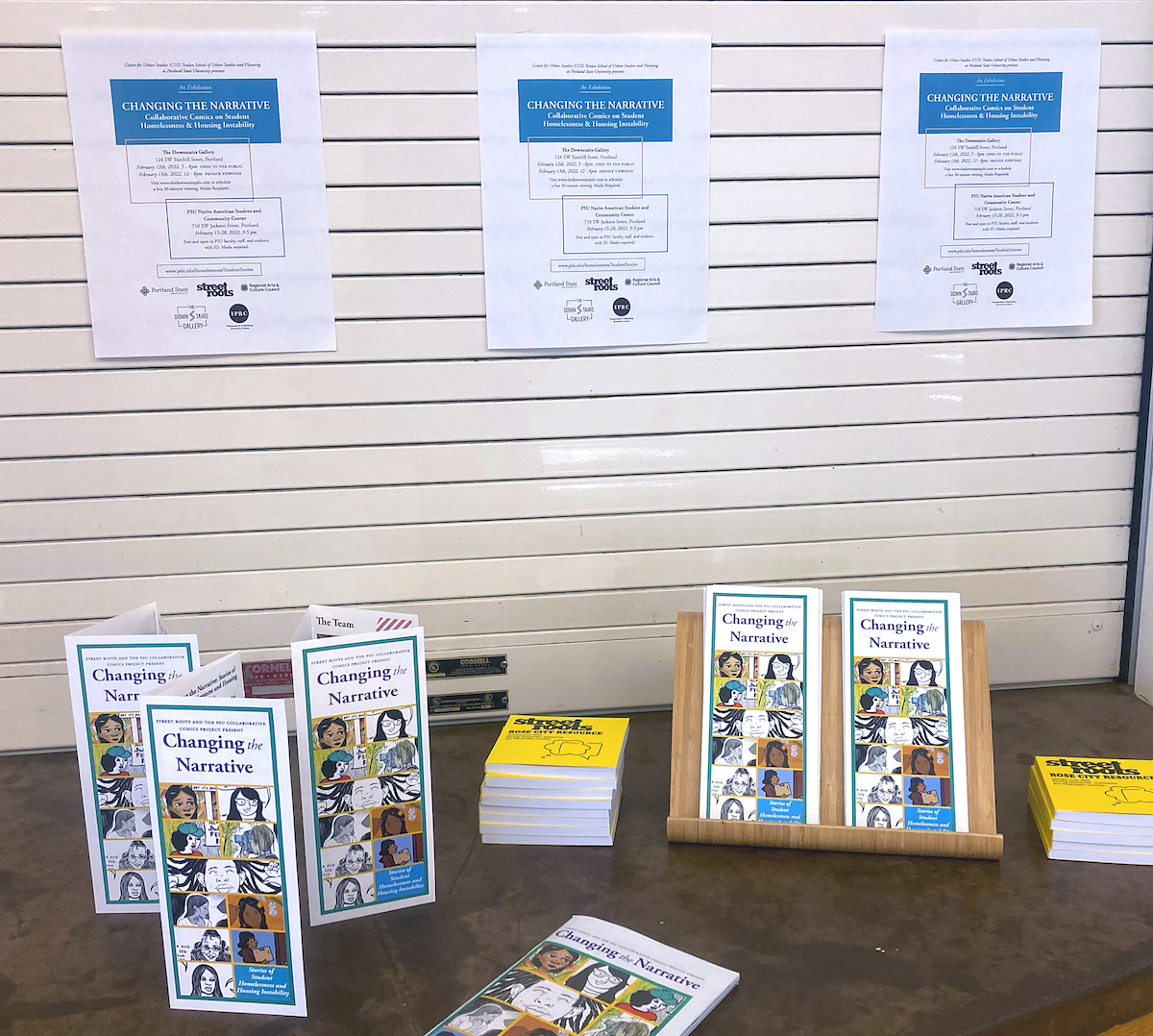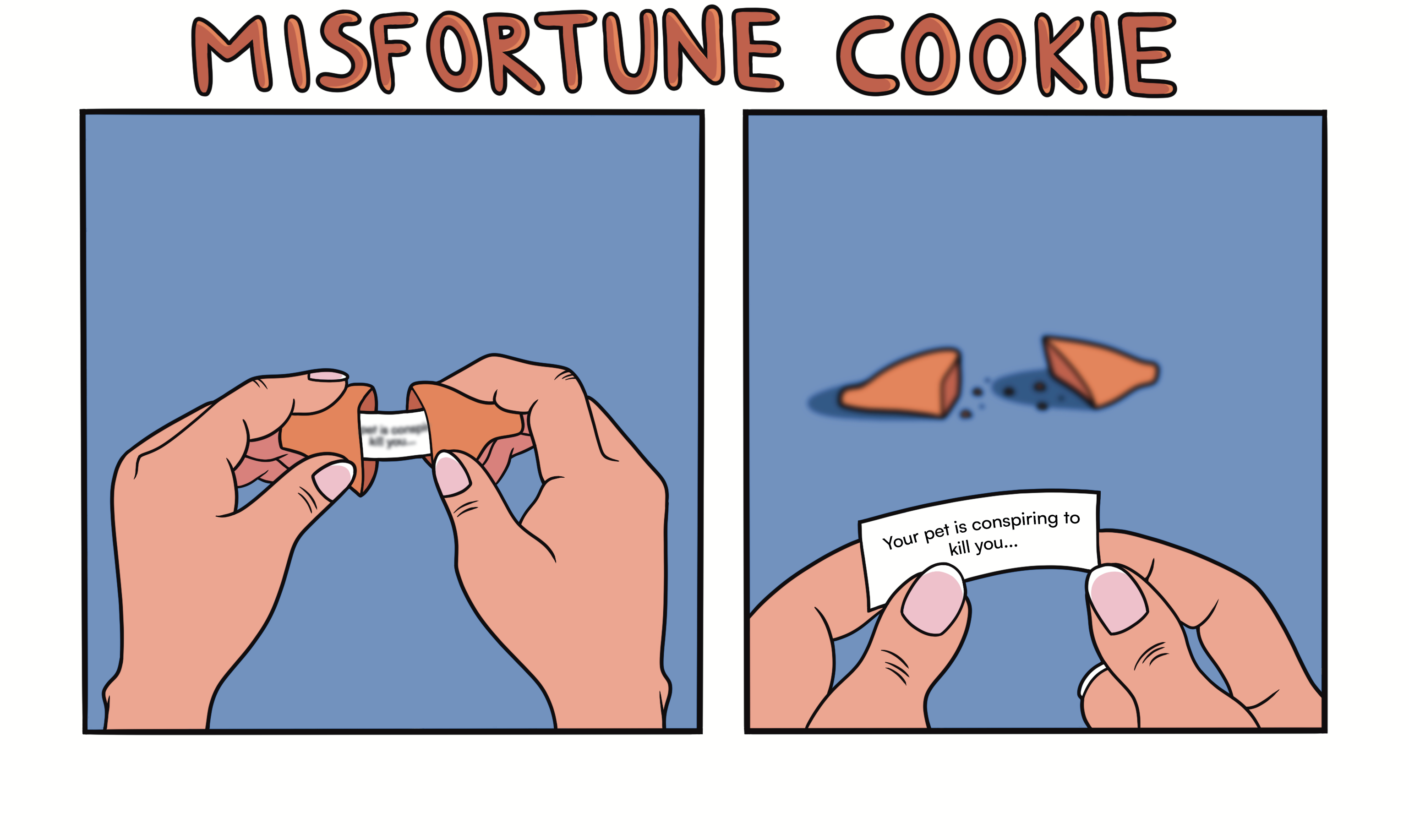Tiny Giants is as stream of consciousness as a graphic novel can be.
The back of the book says it’s an anthology, but that’s a misnomer, since the stories in Nate Powell’s graphic novel all relate to each other. Some are entirely unrelated, while others are presented from a different perspective or at a different time in the same characters’ lives.
Characters appear, recede and return throughout the book, and different characters in hugely different times of their lives are pulled together only by some vague sense of wrongness and a feeling of something lost.
This book couldn’t have fallen into my life at a better time, either. Tiny Giants brings to life the dissatisfaction with a world that makes you into a self-cannibalizing product and is fitting for everyone graduating this spring who feels the overwhelming march toward the unknown.
It’s seen in a little artist, in the magical apocalypse she draws. It’s in a young man who cries at every song played at a party, and his developmentally disabled brother being denied help after a car crash.
The only stories with obvious settings take place in the deep South and the Midwest, but the emotions in them remind me of the desert, in the days that bake you and the nights that freeze you.
Deserts are isolated places, and it doesn’t matter who you are or how many people surround you, the desert is quiet but doesn’t know you’re there—doesn’t know in a way very different from our Northwest forests.
Powell’s art is so carefully chaotic. Imagery blends together and symbols are their own antonyms. To a young couple, skeletons are their impending doom, but for an elderly widower they are forever and eternal.
Women, girls, queer women, poor women and people with physical, developmental and mental disabilities are all represented in these pages, and they’re represented well. It’s a strange and welcome relief to find this buried in such a claustrophobic, interwoven web of stories.
Tiny Giants is an intense read, and a little too abstract at times. There are moments when the stories dip down into tangibility, and I frequently had to set the book down to breathe and remember my own problems and impending doom.
I feel for every single character in Tiny Giants and all the little and big stories in its pages. Some of the messages might be a little heavy-handed, but the people are so real I can almost touch them.
I wouldn’t say that Tiny Giants is about dignity. I think it’s about the intensely private world that we all think we have that makes us sacred, where dignity is important but nonessential.
In a way, dignity denies those internal struggles: to keep going on, to take chances, to trust or to care, to make art or pretend that you don’t hate yourself.
Tiny Giants can’t be about dignity; rather, it’s about what we hide when we have that dignity.
Nate Powell is publishing another book in early June, You Don’t Say, that is similar in structure, and it’s definitely something to look forward to.






